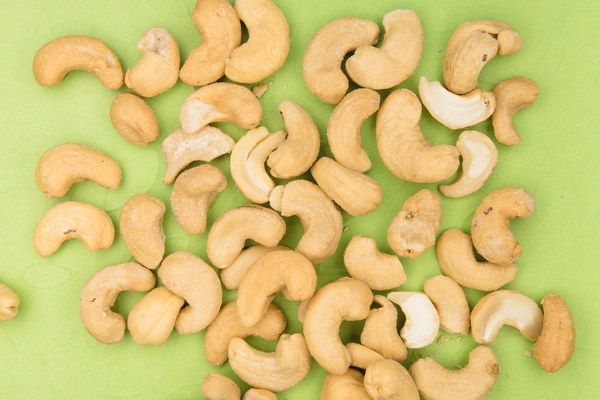Nurturing Your Liver Daily Practices and Diet Tips for Optimal Health
Introduction:
The liver is a vital organ responsible for numerous functions in the body, including detoxification, protein synthesis, and energy production. However, with the fast-paced lifestyle and unhealthy eating habits, our liver often bears the brunt of our neglect. In this article, we will discuss daily practices and diet tips to nurture your liver and maintain optimal health.
1. Daily Practices for Liver Health:

a. Regular Exercise:
Engaging in regular physical activity can improve liver function and enhance overall health. Exercise helps in reducing fat accumulation in the liver, thereby reducing the risk of non-alcoholic fatty liver disease. Aim for at least 150 minutes of moderate-intensity aerobic exercise or 75 minutes of vigorous-intensity exercise per week.
b. Adequate Sleep:
Adequate sleep is crucial for liver health. During sleep, the liver undergoes a detoxification process, which helps in removing harmful substances from the body. Ensure you get 7-9 hours of quality sleep each night.
c. Stress Management:
Chronic stress can negatively impact liver function. Practice stress-reducing techniques such as meditation, deep breathing exercises, and yoga to maintain a healthy liver.
d. Avoiding Harmful Substances:
Limit your intake of alcohol, tobacco, and other harmful substances, as they can cause liver damage. Additionally, avoid exposure to environmental toxins such as pesticides and heavy metals.
2. Diet Tips for Liver Health:
a. Balance Your Macronutrients:
Ensure you consume a well-balanced diet that includes a variety of fruits, vegetables, whole grains, lean proteins, and healthy fats. This will provide your liver with the necessary nutrients to function optimally.
b. Increase Your Fiber Intake:
Fiber-rich foods help in reducing cholesterol levels and decreasing the risk of fatty liver disease. Incorporate foods such as legumes, fruits, vegetables, and whole grains into your diet.
c. Consume Antioxidant-Rich Foods:
Antioxidants help in protecting the liver from oxidative stress caused by harmful substances. Include foods such as berries, dark chocolate, nuts, and green leafy vegetables in your diet.
d. Limit Processed and Refined Foods:
Processed and refined foods are high in unhealthy fats, sugars, and sodium, which can contribute to liver damage. Limit your intake of these foods and opt for whole, unprocessed alternatives.
e. Stay Hydrated:
Drinking plenty of water is essential for liver health. It helps in flushing out toxins and maintaining liver function. Aim to drink at least 8 glasses of water per day.
f. Limit Sugar and Artificial Sweeteners:
Excessive sugar and artificial sweeteners can contribute to fatty liver disease. Minimize your intake of sugary drinks, desserts, and processed foods high in added sugars. If you need to use sweeteners, opt for natural alternatives like honey or stevia.
Conclusion:
Taking care of your liver is essential for maintaining overall health. By incorporating these daily practices and diet tips into your routine, you can help keep your liver healthy and functioning optimally. Remember, a healthy liver is a happy liver!









